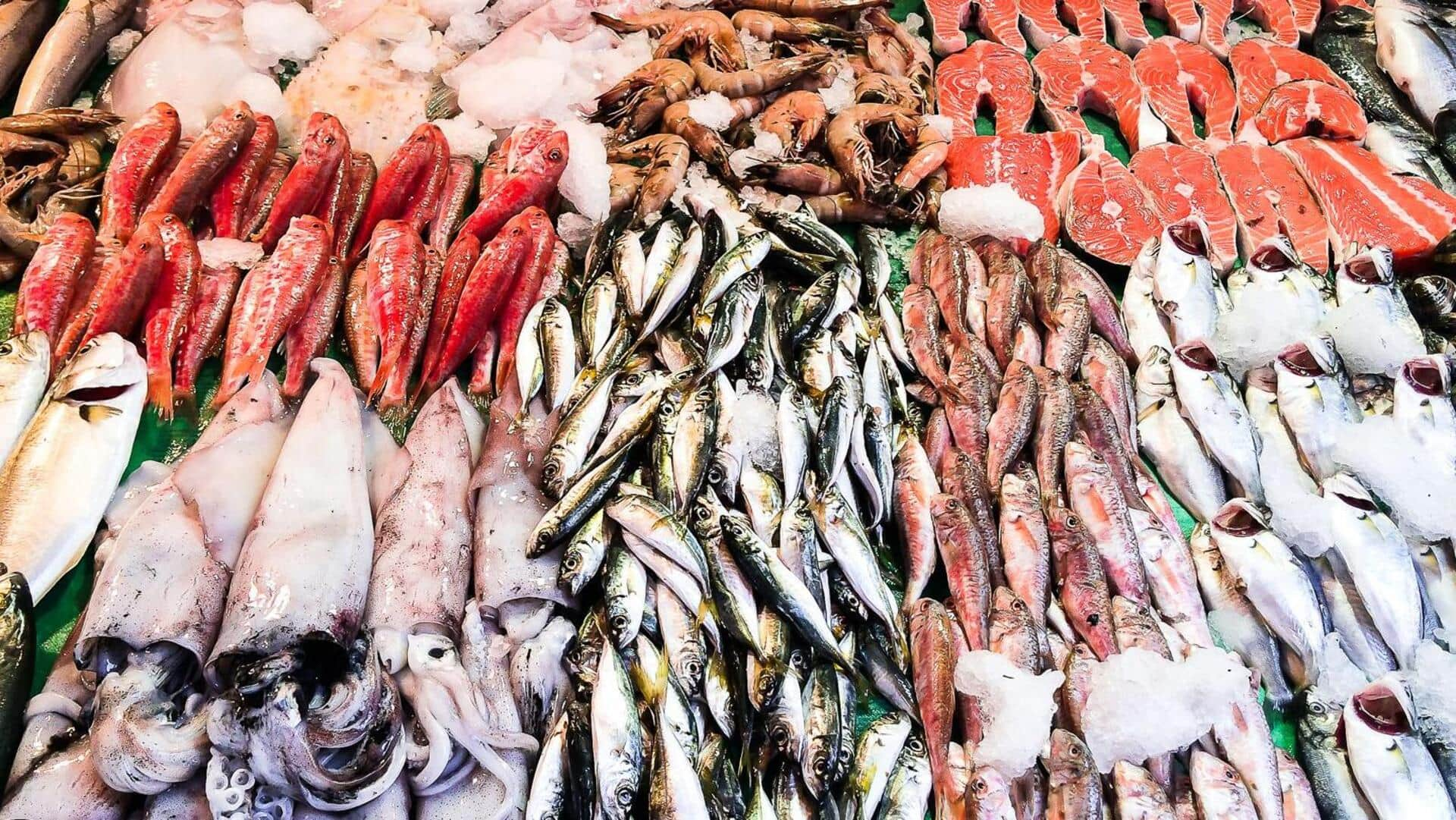
Why China has suspended seafood imports from Japan
What's the story
China has announced a complete ban on all imports of Japanese seafood, amid rising diplomatic tensions between the two nations. The decision comes after Japan's Prime Minister Sanae Takaichi made controversial statements about a potential Chinese attack on Taiwan threatening Japan's survival. Beijing has strongly criticized these remarks and demanded a retraction from Takaichi.
Diplomatic fallout
China's response to Takaichi's remarks
In light of Takaichi's comments, China has advised its citizens against traveling to Japan, leading to a wave of canceled trips. This could have serious repercussions for Japan's economy as tourism from mainland China and Hong Kong accounts for about 20% of all arrivals. The ban on Japanese seafood imports is also a major blow for Japanese fisheries, which rely heavily on the Chinese market.
Trade impact
China's seafood ban: A reversal of earlier decision
Notably, this is not the first time China has banned Japanese seafood imports. In August 2023, a similar ban was imposed after treated wastewater was released from Japan's Fukushima nuclear plant. Earlier this year, China had partially lifted the ban for certain regions in Japan but has now reversed that decision.
Safety assurances
Commitment to food safety amid tensions
China's Foreign Ministry spokesperson Mao Ning has reiterated the country's commitment to strict food safety standards. She said China would continue international monitoring and independent testing of Japanese seafood products, warning that "necessary import restriction measures will be implemented immediately in accordance with the law" if any risks are identified.